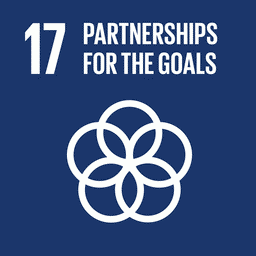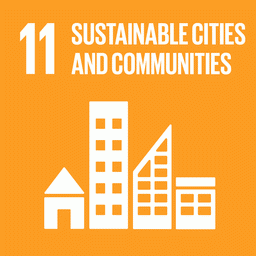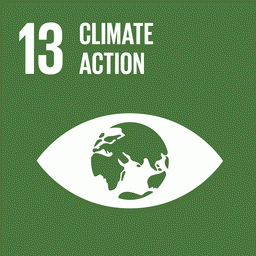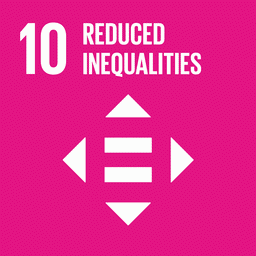To support the recovery of degraded areas with the introduction of SAFs (Agroforestry Systems), IPAM (Amazon Environmental Research Institute) has begun delivering brushcutters and PPE (Personal Protective Equipment) to extractivist families in Amapá.
The 35 beneficiaries of this first stage belong to the Cajarí River Extractive Reserve (Resex). The delivery of the equipment is one of the actions of the “Forest Restoration in the Amazon” project.
In all, 70 brushcutters and PPE will be given to 97 families. The goal is to promote the restoration of 114 hectares of degraded area in Amapá, in addition to providing ATER (Technical Assistance and Rural Extension) to family farmers and extractivists.
During the handover, the families were trained to optimize the use of the equipment, reduce the risk of accidents and learn maintenance processes, ensuring smooth operation and a longer service life for the machinery.
Eucirene Rosa de Souza, one of the extractivists who received the equipment, highlights the importance of the initiative. “This machinery will make our work easier, so it’s very interesting that we’re receiving it, especially from a serious project,” she says.

The delivery was accompanied by instructions on how to use the equipment.
Anderson Vasconcelos, a research analyst at IPAM, explains how the machinery helps with agro-extractive production. “The brushcutter helps clean and prepare the soil, eliminating weeds and unwanted vegetation, making planting easier. It also promotes efficiency and agility by reducing the physical effort and time spent on the task. This allows the family to devote more time to other activities in the field and brings greater comfort than manual equipment. Another benefit is the reduction in the use of fire for cleaning and preparing areas,” he says.
So far, 104 of the 114 hectares earmarked for restoration have been selected, where socio-economic diagnoses are being carried out; productive arrangements are being drawn up with the producers; and the quantity of seedlings needed to restore the areas is being estimated.
The initiative is being supported by Energisa, ICMbio (Chico Mendes Institute for Biodiversity Conservation), EMBRAPA (Brazilian Agricultural Research Corporation), ASTEX-CA (Cajarí River Agro-Extractive Workers’ Association) and ICAF (Alto Cajarí Agro-Ecological and Family Farming Chestnut Growers’ Institute).



